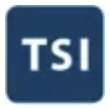Detailed introduction of Transport and Telecommunication Institute:
Introduction and Overview
The Transport and Telecommunication Institute (TTI) is located in Riga, the capital of Latvia. It is the country's largest non-state technical higher education and scientific research institution accredited by a university.
History and Establishment
Its history can be traced back to the Aviation Mechanical Technical School established in Kiev in 1919. The school has undergone many relocations, name changes and reorganizations. It moved to Riga in 1945. In August 1999, the Latvian Cabinet decided to abolish the Riga Aviation Institute as a government higher education institution. On September 6 of the same year, the "Riga Aviation University" joint-stock company was registered and established, and in October of the same year it was renamed the Institute of Transport and Telecommunications.
School Strength
Faculty: The college has a group of experienced and professional teachers. They have rich teaching and scientific research experience in their respective fields and can provide students with high-quality education and guidance.
Teaching facilities: Equipped with modern teaching facilities and laboratories, such as computer laboratories, electronic laboratories, telecommunication laboratories, and traffic simulation laboratories, etc., which provide students with a good practical operation environment and help them combine theoretical knowledge with practical applications.
Scientific research results: In-depth research has been carried out in the fields of electronics and telecommunications, information technology, transportation and logistics, and a series of influential scientific research results have been achieved. The college actively cooperates with domestic and foreign enterprises and research institutions to promote the transformation and application of scientific research results, and has made important contributions to the development of the industry.
Nature of the institution
TTI is a private higher education institution.
Educational philosophy
Committed to providing high-quality education, focusing on cultivating students' innovative thinking and practical ability, so that students can be competitive in the rapidly developing fields of transportation and telecommunications, and contribute to social and economic development.
Key laboratories and disciplines
Key disciplines: Electronics and telecommunications, information technology and computer science, economics, management and business management, transportation and logistics are the key disciplines of the college, which have a high level and influence in teaching and scientific research.
Key laboratories: The college has a number of professional laboratories, such as telecommunications laboratories, computer network laboratories, and transportation engineering laboratories, which provide important support for the scientific research and teaching of related disciplines and help improve students' practical operation ability and scientific research level.
Departments
The college is mainly divided into the following departments:
Department of Computer Science and Electronics: Covers majors such as mathematical methods, computer networks, electronic products, computer science, and telecommunications.
Department of Management Science, Economics and Transportation: Includes majors such as management, economics, transportation technology and logistics, social sciences and law.
Institute of Telematics and Logistics: Focuses on research and teaching in the fields of telematics and logistics.
Ranking
The specific ranking of this school was not found in the 2025 QS World University Rankings.
Cost
Undergraduate tuition is approximately 2500-4000 euros/year, and master's tuition is approximately 3000-5000 euros/year. The specific cost may vary depending on the major and course.
Campus
Campus location: Located in Riga, Riga is the political, economic and cultural center of Latvia, with convenient transportation and a strong cultural atmosphere.
Campus environment: The campus has complete teaching, scientific research and living facilities, including teaching buildings, libraries, laboratories, student dormitories, restaurants, etc., providing students with good learning and living conditions.
-

Riga Technical University
-

Riga Stradins University
-
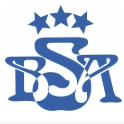
Baltic International Academy
-
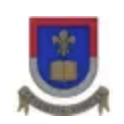
Daugavpils University
-
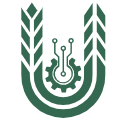
Latvia University of Life Sciences and Technologies
-
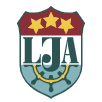
Latvian Maritime Academy
-
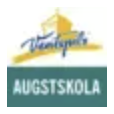
Ventspils University of Applied Sciences
-

Vidzeme University of Applied Sciences
-
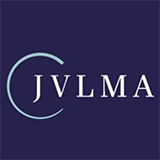
Jazepa Vitola Latvian Academy of Music
-
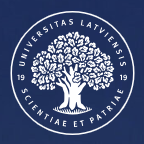
University of Latvia
-

Mesoamerican University
-

Istmo University
-

Mariano Galvez University of Guatemala
-

Regional University of Guatemala
-

Galileo University
-

Francisco Marroquín University
-

Rafael Landívar University
-

University of the Valley of Guatemala
-

University of San Carlos of Guatemala
-

Technological Institute of Tlaxcala Plateau
-

Golfo University
-

Technological University of South Sonora
-

Technological University of Huejotzingo
-

Tizimín Institute of Technology
-

Chilpancingo Institute of Technology

